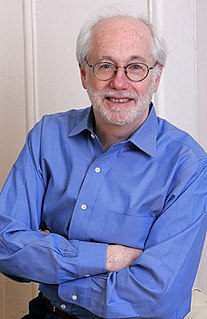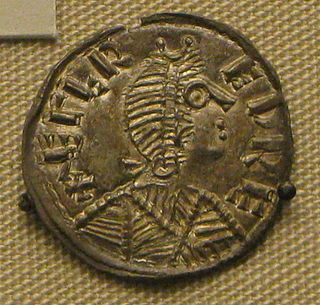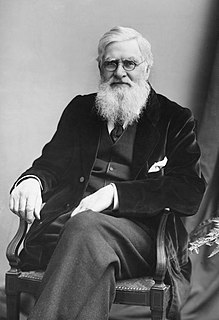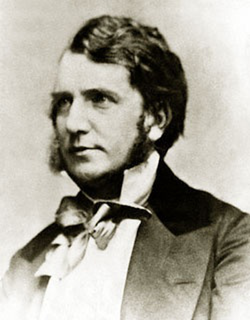A Quote by Samuel Richardson
Related Quotes
When a plane crashes and some die while others live, a skeptic calls into question God's moral character, saying that he has chosen some to live and others to die on a whim; yet you say it is your moral right to choose whether the child within you should live or die. Does that not sound odd to you? When God decides who should live or die, he is immoral. When you decide who should live or die, it's your moral right.
Why do some die and some live? The answer was clearly, that on the whole the best fitted live. From the effects of disease the most healthy escaped; from enemies, the strongest, swiftest, or the most cunning; from famine, the best hunters or those with the best digestion; and so on. Then it suddenly flashed upon me that this self-acting process would necessarily improve the race, because in every generation the inferior would inevitably be killed off and the superior would remain-that is, the fittest would survive.
You are afraid to die?' Yes, everyone is.' But to die as lovers may - to die together, so that they may live together. Girls are caterpillars when they live in the world, to be finally butterflies when the summer comes; but in the meantime there are grubs and larvae, don't you see - each with their peculiar propensities, necessities and structures.





































